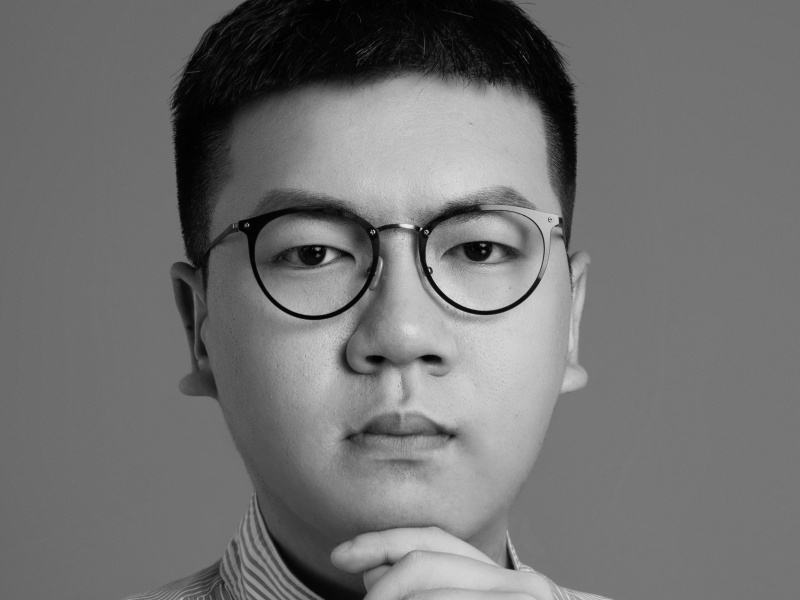This Luxury Society Keynote panel discussion focused on how luxury brands can implement integrated consumer journeys on digital platforms and maximise their omnichannel experience.

This Luxury Society Keynote panel discussion focused on how luxury brands can implement integrated consumer journeys on digital platforms and maximise their omnichannel experience.
According to a new study by Tencent and BCG, only 8 per cent of consumer journeys in mainland China happen purely offline. Over the years, luxury brands have launched a plethora of offerings on digital platforms, developing consumer journeys across all of them. But with the evolution of the digital ecosystem, they are now able to build complete consumer journeys within a single platform, better reaching and converting Chinese consumers.
This topic was discussed in depth during a panel discussion at the Luxury Society Keynote Shanghai moderated by Alexander Wei, Editor at Luxury Society. Panelists included Catherine Shen, E-commerce Business Operations Director, Prestigious Cosmetics & Luxury at Douyin; Vanessa Li, Marketing Vice President at Pandora China; and Veronique Yang, Partner & Managing Director at BCG.
Douyin is one of the rising number of social platforms that have started to build up an e-commerce offering. At the Douyin E-commerce Ecosystem Conference in April this year, Douyin E-commerce introduced the concept of Interest E-commerce – a process where consumers discover, get attracted to, then buy products. Shen explained, “Consumers may not have specific needs, and they don't know about specific products or SKUs. But it's possible to activate consumer demands and drive conversions based on content exposure.” Mass apparel, beauty and FMCG brands are already leveraging this trend.
While most digital platforms now offer e-commerce functionality, this does not mean that consumers will necessarily make purchases on the platform – particularly when it comes to luxury goods, where offline stores remain the most dominant sales channel. This is something that jeweller Pandora took into consideration in its channel strategy. “Both online and offline consumers visit official channels first to find out more information about the brand. So for us, this investment is not only to boost business from a certain channel, but from all channels,” said Li.
With the increasingly complex consumer journeys taking place across different platforms, integrating consumer information and data has become a big concern. In order to generate consumer insights across platforms and effectively shape marketing plans, brands need to properly integrate all of the data collected. According to Yang, the challenge here is not technical, but mental. “We can overcome it with many tools and methods. But brands need to realise its fundamental importance. And each department needs to put aside its short-term KPI, and focus on the long-term consumer life cycle,” she said.
The session also explored how brands can strengthen the online consumer journey and optimise the roles and objectives of various platforms. Watch the full panel discussion in the video below.










